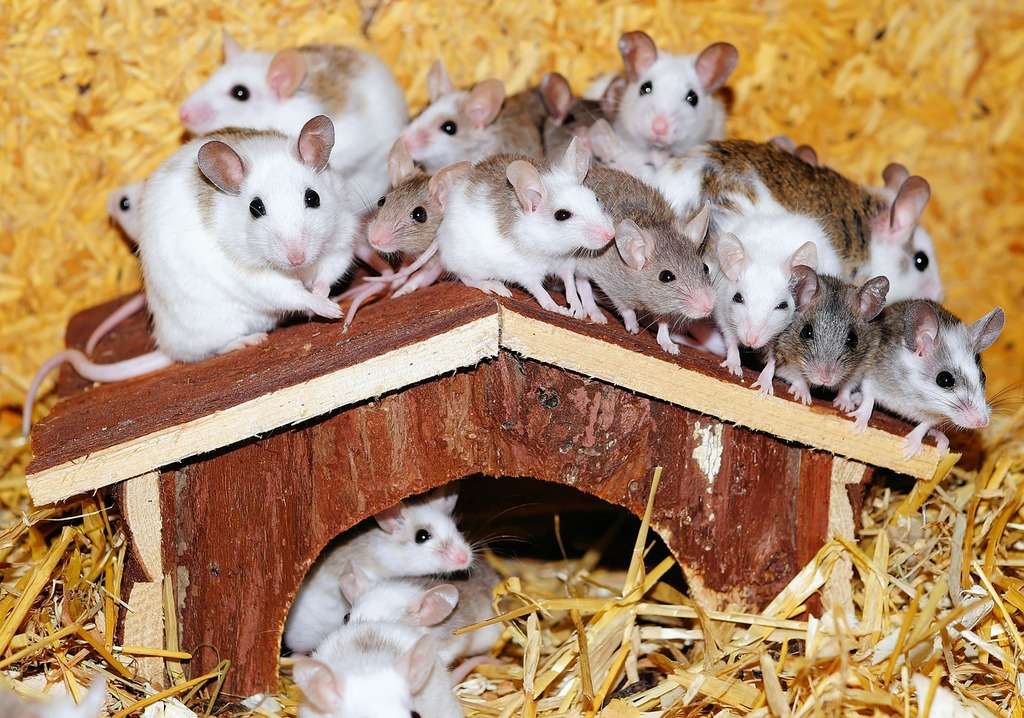SCORES & OUTDOORS: Mainers warned to brace for rodent surge following heatwaves

 by Roland D. Hallee
by Roland D. Hallee
According to Zachary Smith, of Smith’s Pest Management, summer heatwaves have created the ‘perfect storm’ for a surge in rodent activity.
Mainers have had to grapple with heatwaves this summer, and while these extreme weather patterns have obvious consequences, such as water shortages and increased wildfire risk, there’s another, less visible threat lurking in the shadows: a surge in rodent activity.
Smith warns that “the summer heatwaves we’ve experienced have created the perfect storm for a surge in rodent activity. When the environment becomes too hostile for rodents in the wild, they turn to our homes for food and shelter. Unfortunately, that means an invasion is likely.”
Here, he breaks down the details:
“When droughts hit, the landscape undergoes significant changes,” explains Smith. “Vegetation withers, water sources dry up, and ecosystems become stressed. These conditions drive rodents to seek out new environments where they can find the resources they need to survive – namely, food and water. Your home, with its reliable water supply and food sources, becomes an attractive target.” Rodents, particularly rats and mice, are incredibly resourceful. “In times of scarcity, they will invade homes, garages, and outbuildings, searching for sustenance,” Smith adds. “The lack of natural food sources and diminishing populations of predators, such as birds of prey, exacerbate the problem, allowing rodent populations to grow unchecked.”
Signs of a Rodent Infestation
It’s important to be vigilant and recognize the early signs of a rodent infestation. Smith notes, “The sooner you identify a rodent problem, the easier it is to handle it before it becomes a full-blown infestation.” Here are some common indicators:
Droppings: Rodent droppings are a telltale sign of an infestation. These are often found near food sources, in cupboards, or along baseboards.
Gnaw Marks: Rats and mice constantly gnaw on objects to keep their teeth sharp. Look for gnaw marks on food packaging, furniture, and wires.
Nests: Rodents build nests from shredded paper, fabric, and other soft materials. These nests are usually hidden in dark, secluded areas like attics, basements, or behind appliances.
Scurrying Sounds: You might hear scratching or scurrying sounds in the walls, especially at night when rodents are most active.
Footprints: In dusty areas, you may notice small footprints or tail marks.
Protecting Your Home from Rodent Infestations
“Preventing a rodent infestation is always easier than dealing with one after it’s taken hold,” advises Smith. Here are some steps you can take to protect your home:
Seal Entry Points: Inspect your home for any gaps or cracks that rodents could use to enter. Pay special attention to areas around doors, windows, and pipes. Even a small opening can be an entryway for mice or rats.
Remove Food Sources: Store food in airtight containers, clean up spills immediately, and ensure that garbage is properly sealed and disposed of regularly.
Eliminate Water Sources: Fix leaky pipes, dripping faucets, and remove standing water where rodents could drink.
Trim Vegetation: Keep shrubs, trees, and other vegetation trimmed back from your home. This reduces the number of hiding places for rodents near your house.
Use Rodent Traps: Set traps in areas where you’ve noticed rodent activity. This can help to control populations before they become unmanageable.
“The combination of heatwaves and drought is likely to lead to a rise in rodent activity across the country. By taking proactive steps now, you can reduce the risk of an infestation and protect your home,” adds Smith. “Don’t wait until it’s too late. The time to act is now.”
Roland’s trivia question of the week:
Who was the first pitcher to have his number retired by the Boston Red Sox?
Responsible journalism is hard work!
It is also expensive!
If you enjoy reading The Town Line and the good news we bring you each week, would you consider a donation to help us continue the work we’re doing?
The Town Line is a 501(c)(3) nonprofit private foundation, and all donations are tax deductible under the Internal Revenue Service code.
To help, please visit our online donation page or mail a check payable to The Town Line, PO Box 89, South China, ME 04358. Your contribution is appreciated!


Leave a Reply
Want to join the discussion?Feel free to contribute!